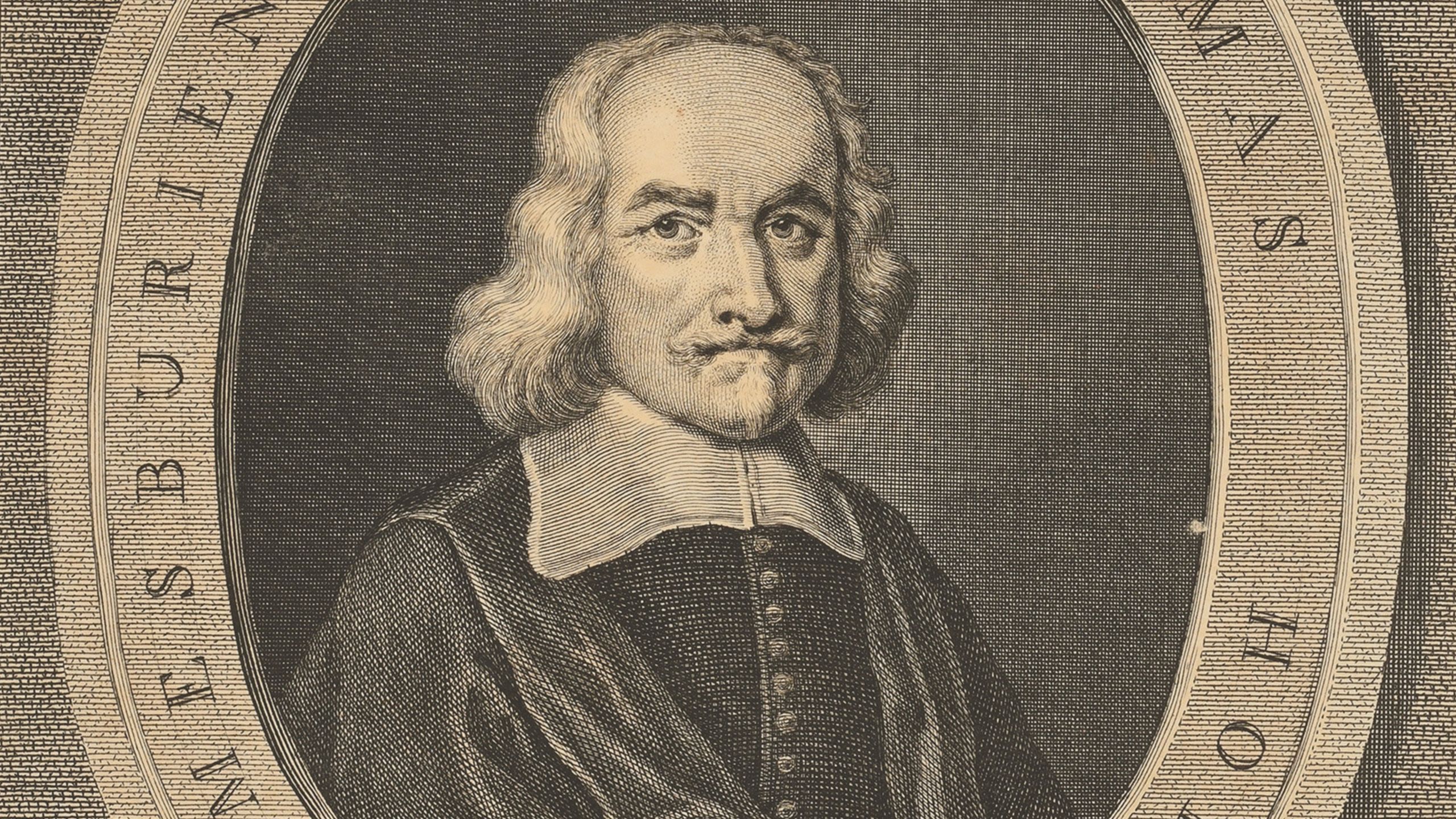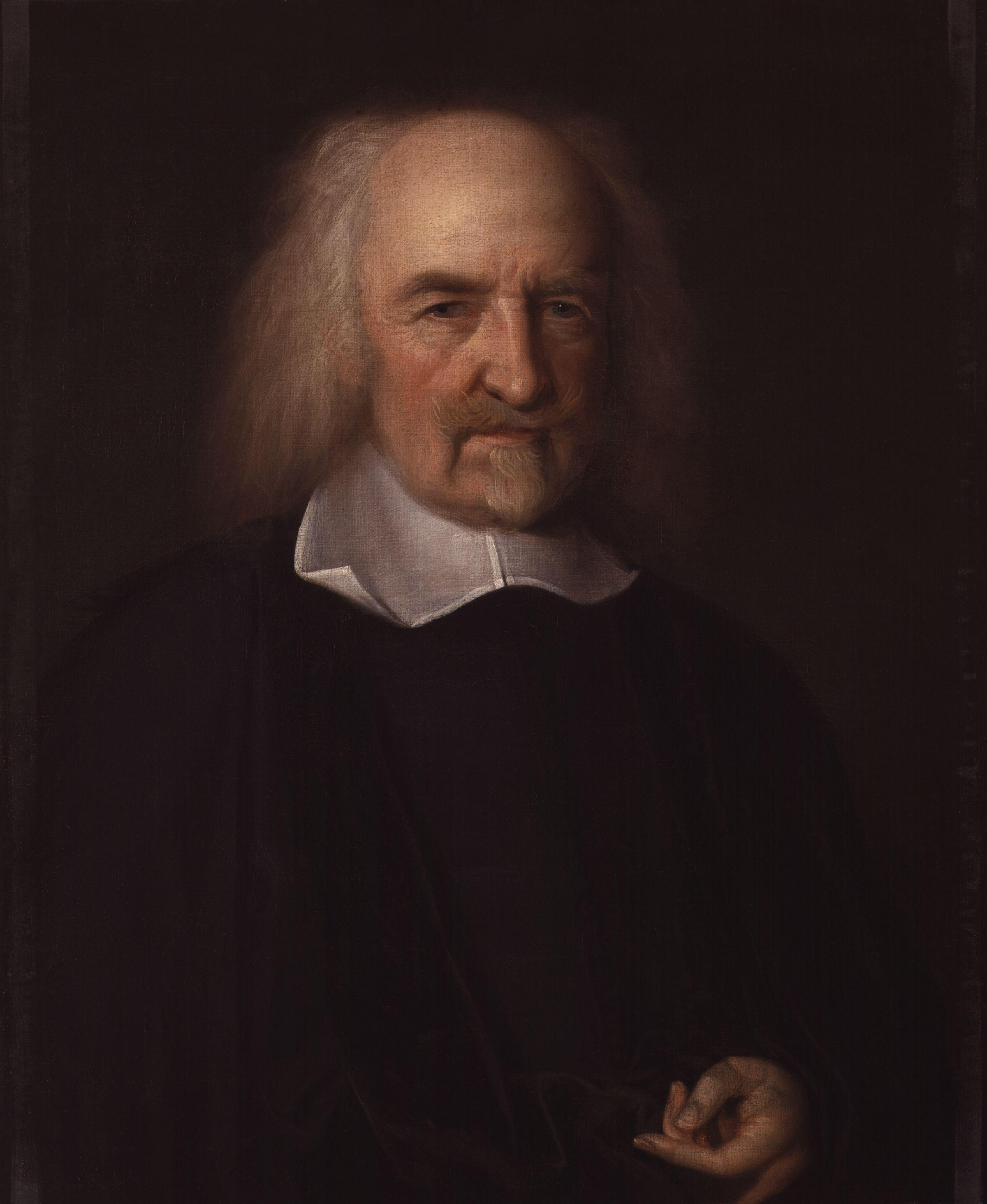
Have you ever paused to consider the intricate ways in which our contemporary understanding of government and society has been influenced over the centuries? If so, prepare to embark on an enlightening journey into the life and philosophical contributions of **Thomas Hobbes**, an English thinker whose ideas continue to echo in modern political discourse. Hobbes, who lived during a tumultuous period in history, grappled with fundamental questions about human nature, authority, and the social contract. His seminal work, **Leviathan**, presents a compelling argument for the necessity of a strong central authority to maintain order and prevent chaos. As we delve into Hobbes’s thoughts and the context in which he wrote, we will uncover the profound impact he has had on political theory and the ways in which his insights remain relevant in today’s discussions about governance and societal structure. So, fasten your seatbelts as we explore the intellectual landscape shaped by this remarkable philosopher.
Who Was Thomas Hobbes?

Born on April 5, 1588, in the quaint town of Westport, Wiltshire, Thomas Hobbes emerged as a multifaceted figure in history, transcending the boundaries of philosophy to also make significant contributions as a scientist and historian. His life was a rich tapestry woven from a myriad of experiences, each of which played a crucial role in shaping his distinctive political philosophy. But what truly sets Hobbes apart from his contemporaries?
### The Early Years
Hobbes’s childhood was anything but stable. He was born into a family marked by turmoil; his father, a vicar, was notorious for his fiery temper and ultimately abandoned the family following a scandalous altercation. This left young Hobbes to navigate the complexities of life under the care of his uncle, a glover residing in Malmesbury. One can only imagine the profound impact such a chaotic upbringing would have had on a developing mind, instilling in him a sense of skepticism and a keen awareness of human nature.
### Education: The Foundation of Thought
Hobbes’s formal education began at a remarkably young age—just four years old. He initially attended local schools in Westport before moving on to a private institution. By the time he reached the age of 15, he had enrolled at Magdalen Hall, Oxford, where his intellectual curiosity began to flourish. It was during these formative years that he developed a keen interest in subjects such as cartography and the natural sciences, interests that would later inform and enrich his philosophical inquiries. His educational journey laid the groundwork for the revolutionary ideas he would later articulate, making him a pivotal figure in the evolution of political thought.
The Cavendish Connection

For the majority of his adult life, Thomas Hobbes maintained a significant and influential relationship with the affluent Cavendish family, one of the prominent noble families of England. In his role as a tutor, translator, and political adviser, Hobbes not only provided educational guidance but also engaged deeply with the family’s political affairs. This association was mutually beneficial; it afforded Hobbes a degree of financial security that allowed him to focus on his philosophical pursuits while simultaneously granting him a front-row seat to the complexities of political power dynamics.
### Life with the Cavendishes
One can only imagine the fascinating scenes Hobbes would have witnessed during his time with the Cavendish family, especially amidst the tumultuous backdrop of the English Civil Wars. As a close observer of the royalist struggles, he gained invaluable insights into the nature of authority, governance, and the often chaotic interplay between power and society. These experiences profoundly influenced his philosophical outlook, shaping his thoughts on the necessity of a strong central authority to maintain order and prevent societal collapse. The Cavendishes, with their wealth and political connections, provided Hobbes not just with a livelihood, but also with a rich tapestry of experiences that would inform his later works and theories on human nature and government.
The Birth of Leviathan

In the year 1651, the philosopher Thomas Hobbes made a significant mark on the field of political philosophy with the publication of his seminal work, **Leviathan**. This book has since become a foundational text that continues to influence political thought today. But what exactly does it discuss, and why is it so important?
At the core of **Leviathan** is the concept known as the **social contract**. Hobbes posits that individuals, in order to escape the chaos and violence of a state of nature, willingly agree to relinquish certain freedoms. In return, they receive protection and a structured society governed by a sovereign authority. This exchange can be likened to trading a portion of one’s liberty for a greater sense of security and stability. It raises an intriguing question: Would you be willing to make such a trade-off for the sake of safety?
The implications of the social contract theory were nothing short of revolutionary. Hobbes’s ideas laid the groundwork for subsequent political theorists, including **John Locke** and **Jean-Jacques Rousseau**, who expanded upon and challenged his notions. Their interpretations and adaptations of Hobbes’s framework played a crucial role in shaping the principles of modern democracy and governance. Thus, Hobbes’s **Leviathan** remains a pivotal text that invites readers to reflect on the balance between freedom and security in society.
Hobbes’s Views on Human Nature

Hobbes had a rather bleak view of human nature. He believed that people are inherently selfish and driven by self-interest. This perspective is crucial to understanding his political philosophy.
The State of Nature
In Hobbes’s view, without a strong government, life would be “solitary, poor, nasty, brutish, and short.” Can you picture a world where chaos reigns? That’s what he feared. For him, a powerful sovereign was necessary to maintain order.
Materialism and Science

Beyond politics, Hobbes was also a materialist. He believed that only material things are real, and all phenomena can be explained through matter in motion. This scientific approach was quite ahead of his time!
Influence of Contemporary Scientists
Hobbes was influenced by the works of scientists like Galileo and Johannes Kepler. He didn’t just accept their findings; he systematized them, making them accessible to a broader audience.
The Legacy of Thomas Hobbes

So, what’s the takeaway from Hobbes’s life and work? His ideas on government and human nature continue to spark debates today. His influence can be seen in various fields, from political science to ethics.
Impact on Modern Political Thought
Hobbes’s justification for wide-ranging government powers based on the consent of the governed is a principle that resonates in today’s democratic societies. His work challenges us to think critically about the balance between freedom and security.
Hobbes vs. Locke: A Philosophical Duel
While Hobbes believed in a strong, centralized authority, Locke argued for a government that protects individual rights. This philosophical duel laid the groundwork for modern political ideologies. Which side do you lean towards?

In conclusion, Thomas Hobbes was not just a philosopher; he was a visionary who dared to question the status quo. His ideas about the social contract and human nature continue to influence our understanding of politics and society. So, the next time you ponder the role of government, remember Hobbes and his quest for order in a chaotic world.
| Aspect | Hobbes | Locke |
|---|---|---|
| View on Human Nature | Selfish and brutish | Rational and cooperative |
| Type of Government | Absolute Sovereignty | Limited Government |
| Social Contract | Trade liberty for safety | Protect individual rights |

